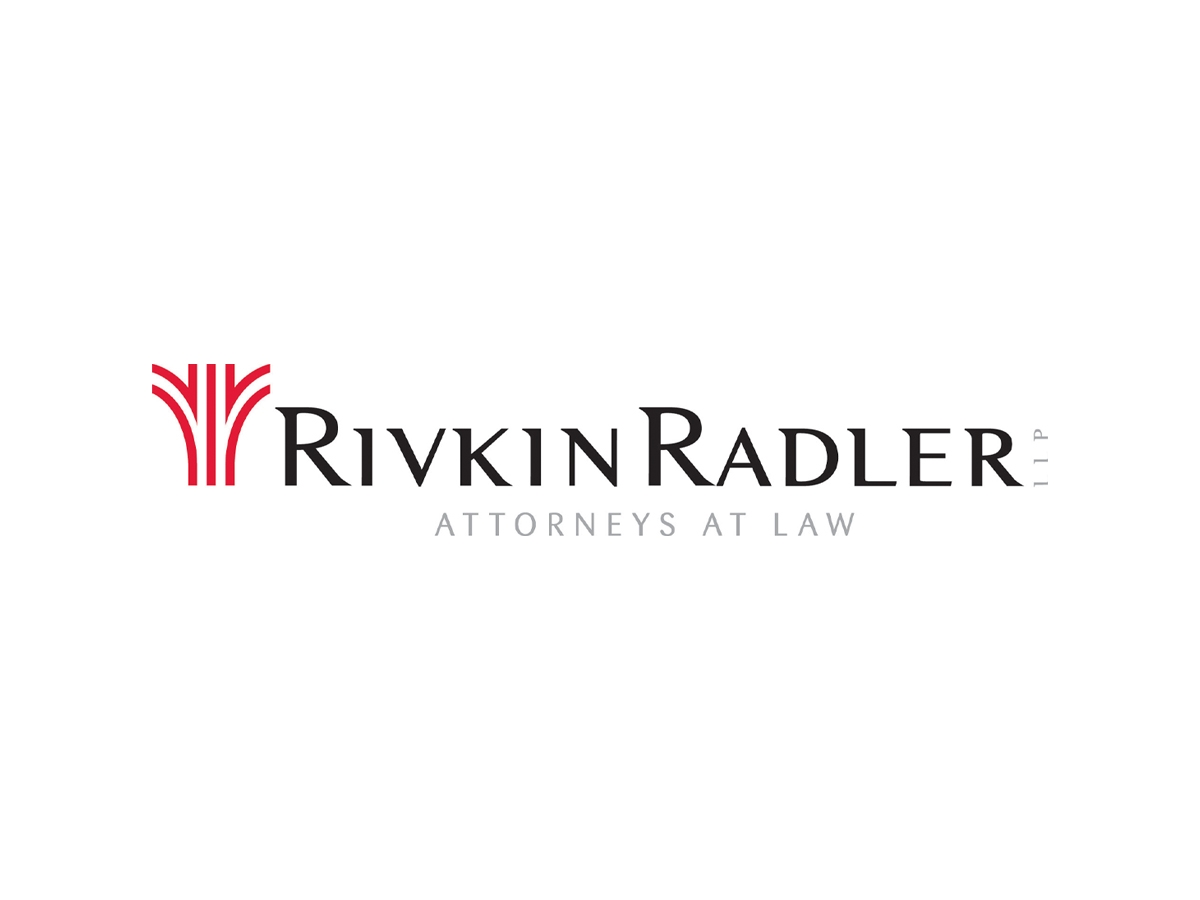Estate Planning for Families Facing Mental Health and Substance Use Challenges


Prioritizing Mental Health in Estate Planning: Crucial Considerations
As Mental Health Month unfolds every May, it offers a timely opportunity to shed light on the intersection of mental health, substance abuse disorders, and estate planning. These issues affect numerous families across the nation and necessitate thoughtful consideration when planning for the future.
Mental health issues and substance use disorders, while often chronic, are manageable with the right support systems in place. Importantly, the possibility of relapse must be factored into any planning efforts. In this respect, legal guidance is essential; estate planning professionals can help tailor documents that not only protect individuals grappling with these challenges but also safeguard the interests of other family members.
One effective strategy in estate planning is the establishment of a trust designed to adapt to evolving circumstances. This may involve appointing a trustee with the discretion to make distributions based on the beneficiary’s situation, rather than adhering to fixed timelines or conditional stipulations. Such flexibility allows for a more responsive approach to the beneficiary’s needs, particularly in the context of recovery where financial management can be delicate.
Should a family already maintain an irrevocable trust with rigid terms that no longer align with their circumstances, avenues for modification may still exist. The trustee may be positioned to invade the trust, relocating assets into a more accommodating framework if permitted. In jurisdictions like New York, the “Decanting Law” enables trustees to “pour” assets from an older trust into a new, more versatile trust, thus facilitating necessary adjustments without the need for a complete overhaul.
For beneficiaries already in possession of assets, the establishment of a “protective trust” can serve as a safeguard against potential mismanagement stemming from their mental health or substance use challenges. Under this arrangement, the grantor places their assets into a revocable trust, where access to those assets and the ability to amend the trust require the approval of a third-party trustee. This structure not only provides a layer of protection but can also encourage responsible oversight; grantors might find added motivation to comply with such arrangements by understanding that future distributions hinge on their adherence to the protective trust strategy.
Creating a proactive plan for loved ones facing mental health and substance abuse issues is essential, reflecting a commitment to both their well-being and the cohesive stability of the entire family. Open dialogue around these matters is imperative, ensuring that families are equipped to handle potential challenges while also fostering an environment of support and understanding. As May serves as a reminder of the importance of mental wellness, it is crucial for families to engage in informed planning that prepares them for the complexities these issues may present.






